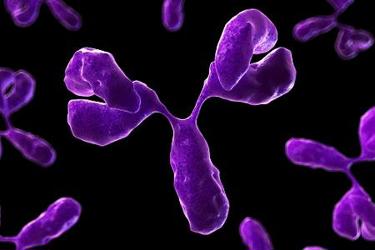Optimizing Monoclonal Antibody Production: Temperature And Osmolality's Impact

Over the past two decades, the biopharmaceutical market has expanded, with monoclonal antibodies exhibiting a 26 percent higher approval rate than other drugs. The market value of monoclonal antibodies alone is expected to reach more than $300 billion USD by 2025. Monoclonal antibodies are recombinant proteins that are extracellularly secreted by mammalian cells, such as Chinese hamster ovary (CHO) cells. Advances in monoclonal antibody production technology and manufacturing strategies have led to increased yield, which is, however, accompanied by increased levels of impurities, such as host cell proteins (HCPs).
HCPs are native proteins of CHO cells released in the cell culture supernatant through secretion or cell lysis upon death. Several factors, such as cell line, cell culture media components and operating parameters, have been reported to influence the generation and composition of HCPs in the supernatant. Among these, culture temperature, osmolality, pH and dissolved oxygen tension can directly affect cellular behavior, culture viability and, in turn, HCP accumulation.
Temperature plays an important role in cell culture and can affect cell growth and cell viability. Meanwhile, osmolality, which generally indicates the osmotic pressure condition in the cell culture, has a significant impact on cell growth and metabolism. Studies have reported that manipulating these two parameters independently could have a direct effect on the concentration of the HCPs in the supernatant.
View this webinar to investigate the effects of simultaneously adjusting temperature and osmolality on the generation of HCPs, antibody yield, and cell growth.
Get unlimited access to:
Enter your credentials below to log in. Not yet a member of Cell & Gene? Subscribe today.
